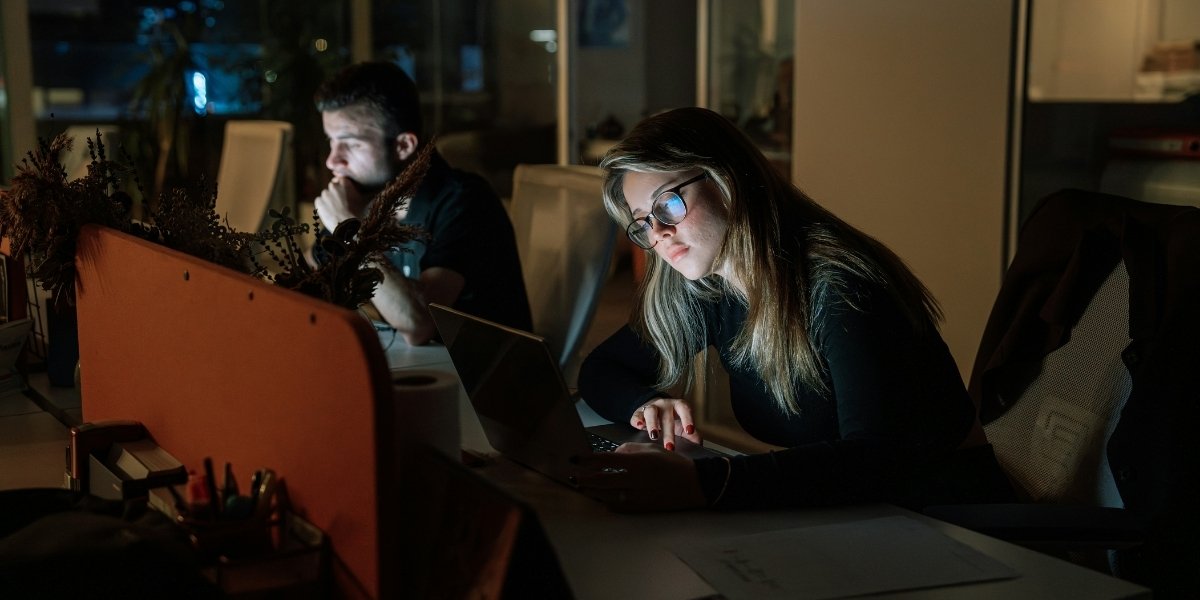In New York City, the phrase “normal work hours” doesn’t mean what it used to. From finance and fashion to food delivery and film editing, the city’s workforce is increasingly operating outside the 9-to-5 mold. Whether it’s a barista clocking in at 5 a.m., a designer pulling a midnight shift, or a rideshare driver working weekends, non-traditional work hours are now a defining feature of how NYC gets things done.
This shift isn’t just about flexibility, it’s about survival, creativity, and the hustle that defines the city’s DNA. As industries evolve and expectations shift, New Yorkers are finding new rhythms that suit their goals, their health, and their neighborhoods.
Healthcare: Built for the Off-Hours
Hospitals, urgent care centers, and home health services have always operated around the clock. But in NYC, the demand for healthcare professionals working non-traditional work hours has intensified. Nurses, EMTs, and technicians often rotate through 12-hour shifts, overnight coverage, and weekend rotations, all while navigating subway schedules and patient surges.
Medical educators are also adapting. Virtual reality platforms now allow students to train asynchronously, expanding access to clinical simulations and reducing the strain on physical facilities. These innovations are helping future healthcare workers manage demanding work hours while maintaining wellness, a topic explored in recent coverage on balancing work, wellness, and stress.
Media and Entertainment: The City That Edits at Midnight
NYC’s media and entertainment industry thrives on non-traditional work hours. Editors, producers, and social media managers often work late nights to meet deadlines, respond to breaking news, or sync with global teams. The rise of streaming platforms and digital-first publishing has only intensified this demand.
Post-production houses in Chelsea, podcast studios in Brooklyn, and freelance creatives across the boroughs are embracing flexible schedules to stay competitive. The city’s creative energy doesn’t sleep, and neither do the people shaping its stories.
Tech and Startups: Async Is the New Normal
In the city’s tech ecosystem, asynchronous work is becoming standard. Startups and remote-first teams are ditching rigid schedules in favor of flexible work hours that prioritize productivity over presence. Engineers commit code at 2 a.m., product managers review feedback over brunch, and founders pitch investors across time zones.
This model supports deep work, reduces burnout, and attracts talent. But it also requires clear communication, strong documentation, and trust. NYC’s startup scene is learning to balance autonomy with accountability, and it’s reshaping how tech teams collaborate across boroughs and borders.
Hospitality and Nightlife: The Original Non-Traditional Workforce
Bartenders, chefs, hotel staff, and venue managers have long operated outside conventional hours. In NYC’s hospitality and nightlife sectors, work hours are dictated by customer demand, which often peaks after sunset.
Post-pandemic recovery has brought new challenges. Staffing shortages, changing consumer habits, and hybrid events have forced businesses to rethink scheduling. Some are experimenting with split shifts, four-day workweeks, or rotating roles to balance coverage and burnout.
Technology is helping. Scheduling apps and mobile HR tools are streamlining operations and giving workers more control over their hours. But the core challenge remains: how to support a workforce that keeps NYC vibrant while navigating unpredictable schedules.
Delivery and Logistics: NYC’s 24/7 Backbone
From groceries arriving at dawn to packages dropped off after dinner, NYC’s logistics ecosystem runs on non-traditional work hours. Warehouses, delivery hubs, and courier services operate early mornings, late nights, and weekends to meet demand.
Gig platforms like Uber Eats and Amazon Flex have normalized this model, allowing workers to choose shifts based on availability and preference. But this flexibility comes with trade-offs, including income volatility, lack of benefits, and safety concerns during overnight hours.
Policy makers and labor advocates are pushing for stronger protections, clearer scheduling, and fair compensation for off-hour workers. In a city where convenience is king, the people powering it deserve more than just flexibility, they deserve stability.
Education and Tutoring: Flexibility Meets Accessibility
Education in NYC is also shifting toward non-traditional work hours. Tutors, adjunct professors, and online instructors often teach evenings, weekends, or early mornings to accommodate students’ schedules. Adult learners, working parents, and international students rely on flexible options to pursue degrees, certifications, or enrichment.
Virtual platforms have expanded access, allowing educators to teach from home, record lessons, and offer on-demand support. But this flexibility requires new models of engagement, assessment, and compensation.
As AI tools enter the classroom, educators are exploring how to balance automation with human connection, a theme echoed in broader conversations about ethics, equity, and innovation in learning.
Creative Freelancers: Coffee Shops, Coworking, and Clockless Hustle
Freelancers in NYC, from graphic designers to copywriters, often build their schedules around inspiration, deadlines, and client needs. Many work from home, but others rely on the city’s network of coffee shops and coworking spaces to stay productive.
Neighborhood favorites like those featured in NYC’s best coffee shop workspaces for creatives offer Wi-Fi, ambiance, and flexible hours that support the freelance lifestyle. These spaces are more than places to work, they’re hubs for collaboration, networking, and community.
Mental Health and the Work Hour Equation
Non-traditional work hours can offer freedom and autonomy, but they also come with risks. Irregular schedules can disrupt sleep, strain relationships, and complicate childcare. Workers may face isolation, limited career advancement, or lack of access to benefits tied to full-time roles.

Employers must address these challenges with empathy and strategy. That means offering wellness support, clear communication, and pathways for growth, regardless of when someone clocks in.
NYC’s culture of hustle is evolving. More workers are prioritizing balance, boundaries, and mental health, and they’re demanding that employers do the same.
Why Work Hours Matter in NYC’s Future
In a city built on ambition, non-traditional work hours are more than a trend, they’re a reflection of how New Yorkers live, create, and adapt. As industries evolve and expectations shift, flexibility will remain central to success.
For business leaders, this means designing roles, policies, and cultures that support diverse schedules. For workers, it means advocating for balance, fairness, and recognition. And for the city, it means embracing a future where work hours reflect the dynamism of its people, not the rigidity of outdated norms.
















